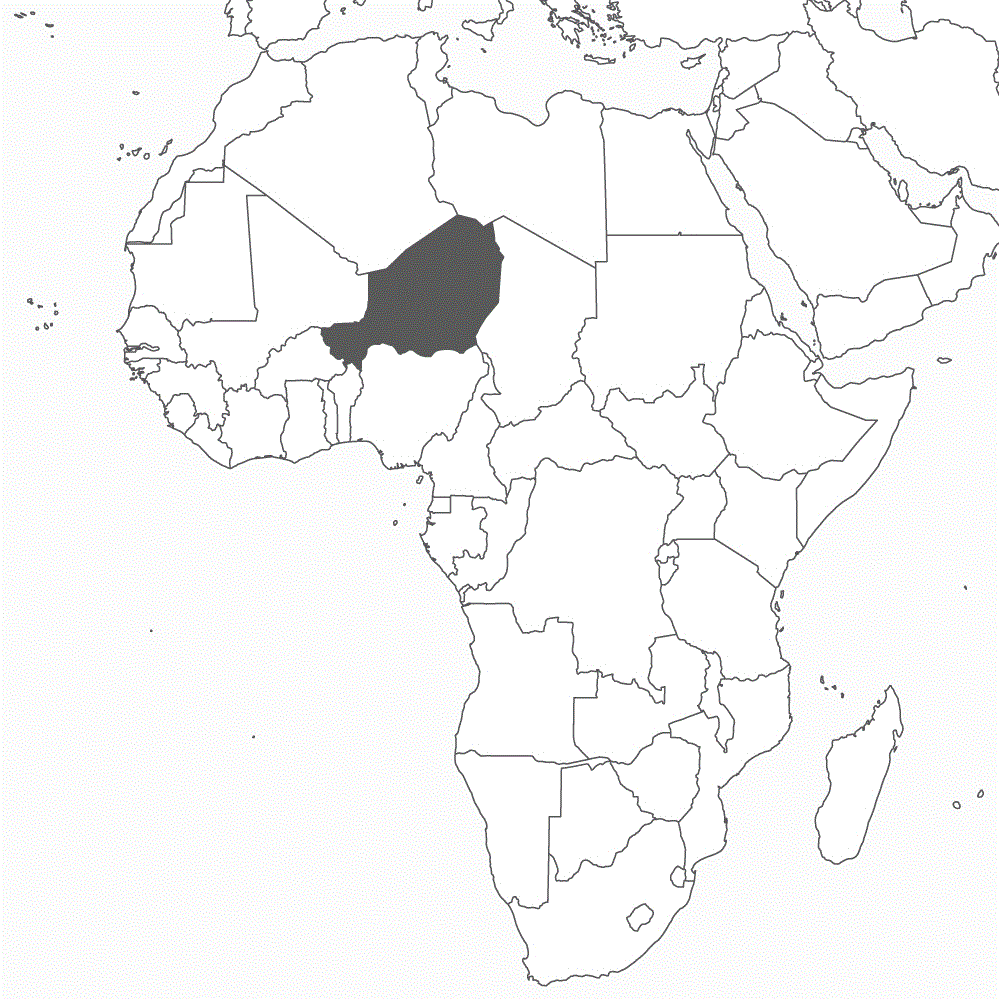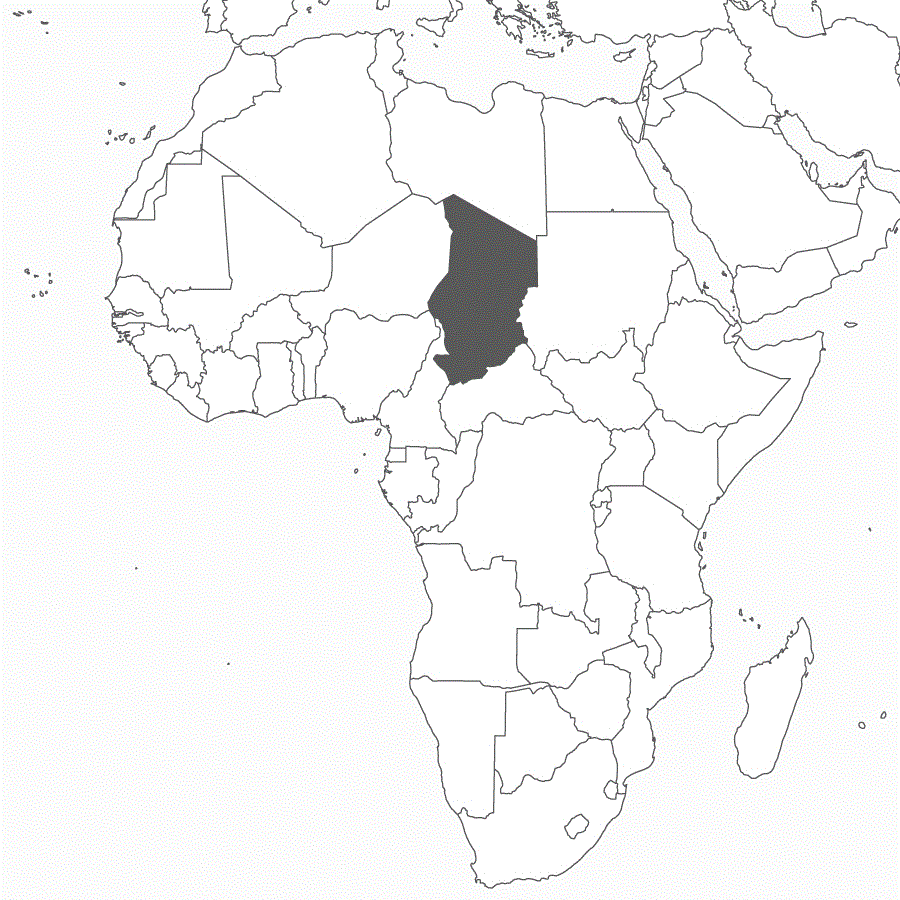From the Cuban to the Philippine Crisis
The Philippines, a military cooperation partner of Germany, escalates the conflict with China and stakes claim to Malaysian territory. The USA seeks to install missiles in the Philippines and Berlin announces cooperation expansion.
MANILA/WASHINGTON/BERLIN (own report) – The Philippines, a close military cooperation partner of Germany, is escalating the conflict with China both over Taiwan and over islands in the South China Sea. On November 8, Manila enacted two new laws stipulating the Philippines’ claims in the South China Sea. These overlap with those of China. However, Manila claims islands and maritime areas also claimed by Malaysia, from whose perspective, the Philippines could be considered the main troublemaker in the South China Sea, according to one expert, considering the fact that Manila is likewise claiming sovereignty over parts of the Malaysian state of Sabah. The USA has concluded an agreement with Manila for the exchange of secret military information and is elaborating plans to station state-of-the-art missiles on the Philippines and in Japan in the event of a crisis over Taiwan. This represents a direct threat to the People's Republic of China, similar to threat posed to the USA by Soviet missiles in Cuba. Germany is participating in this development by intensifying its military and arms cooperation with the Philippines. Read more
“We Decide For Ourselves”
Due to its ambassador’s unauthorized activities in Niger, the EU has run into conflict with that country’s government. Niger forges ahead in its struggle for economic independence but is still under attack from Europe.
NIAMEY/BRUSSELS (own report) – Niger is defending itself against unauthorized EU activities on its sovereign territory and demanding the replacement of the EU ambassador to Niamey. This conflict was caused by the EU ambassador having distributed EU aid for victims of Niger’s devastating floods without Nigieren government authorization – even against its declared will. Following Niamey’s protests the EU has recalled its ambassador for consultations – probably in the hopes that Niger could feel dependent on this aid and concede in this dispute. This is not the case. Since the coup last year on July 26, Niger has been systematically freeing itself from its dependency, particularly on France, but also on other Western countries. Following the expulsion of Western armed forces – the Bundeswehr included – from its territory, it has been struggling to achieve economic independence and defending itself against intrigues by the French intelligence service. At a solidarity conference, last week, it was declared that they were “no longer taking orders from Paris” and finally deciding for themselves which political and economic development is good for their country. Read more
Against Refugees, Against Russia
Berlin seeks to gain influence in Chad, which has long been exclusively dominated by Paris, with the objective of stopping the flow of refugees and rolling back Russian influence which is increasing in a growing number of countries of the Sahel.
N’DJAMENA/BERLIN (own report) – Preventive refugee defense and the West’s major power struggle against Russia is inducing the German government to make new efforts to gain influence in Chad. Germany’s Development Minister Svenja Schulze left last Monday for that African country, harboring around 1.2 million refugees – mainly from Sudan. To prevent them from continuing their journey toward Europe, Schulze seeks to provide them with opportunities “for establishing a new livelihood” in Chad. “Chad did not build fences, but showed solidarity with the refugees,” praised the minister. Chad is one of the poorest countries in the world, and its east, where most of the refugees are located, is one of its poorest regions. Berlin is also seeking to gain influence in that country, because the government in N’Djamena – like a large number of other Sahel governments – is beginning to cooperate more closely with Russia. France, the traditionally dominant former colonial power in Chad, is now also facing growing pressure. Germany offers itself as an alternative cooperation partner for N’Djamena – like Hungary, which is expanding its development activities and seeking to send military to that country. Read more
“Think Big and Do Big Things”
Debate intensifies on the new Bundeswehr “Special Funds” or an increase of the military budget up to 3.5 percent of the GDP. New Greenpeace study: NATO countries already invest in the military ten-times more money than Russia.
BERLIN (own report) – In light of the looming new elections, the debate on increasing the German military budget is intensifying. German Economyics Minister Robert Habeck, is insisting on a new “Special Fund” being adopted before elections, reasoning that if the AfD and BSW win together a third of the seats in the next Bundestag, the necessary two-thirds majority can no longer be achieved. According to the Federal Audit Office, the “Special Funds,” which were first accorded in late February 2022, are in fact special debts. On the other hand, Germany’s Defense Minister Boris Pistorius, proposes the alternative of increasing the Bundeswehr’s budget up to 3.5 percent of Germany’s GDP. Currently, that would amount to more than €140 billion. In light of the fact that the demand for a massive arms buildup is usually justified by the need to gain ground on Russia’s military superiority, a new study published by Greenpeace points to the fact that NATO countries are already spending ten-times more on their military than Russia. According to Greenpeace NATO should use its conventional weaponry superiority to insist on disarmament. Read more
Europe’s Role in the War against China
Germany’s leading foreign policy magazine proposes massive rearmament in favor of the militarization of the Asian-Pacific region. Expert: the term Indo-Pacific is closely affiliated with plans to maintain US hegemony.
BERLIN/WASHINGTON (own report) – Germany’s leading foreign policy journal proposes comprehensive rearmament of Germany and the rest of Europe in favor of a vigorous militarization of the Asia-Pacific region. According to the magazine “Internationale Politik,” published by the German Council on Foreign Relations (DGAP), European states must rapidly build up their armed forces and take control not only of their own continent, but also “the Mediterranean, as well as the Red Sea and the Bab al Mandab Strait, if necessary” to “reduce the need for US troops in Europe.” If this succeeds, the United States would have sufficient military capacity available should “war break out in the Indo-Pacific.” European countries should also prepare for possible war against China by increasing their defense industrial capacities to replace spent US ammunition if necessary. Experts are noticing that even among the countries of the Asian-Pacific region, there is a growing shift away from the declining Western domination and a growing “Asianization” of their military relations. Read more
Berlin and antisemitism
Bundestag instrumentalises antisemitism resolution to repress critics of Israeli war crimes. This move secures Germany’s geostrategically motivated alliance with Israel.
BERLIN (own report) - The German Bundestag is preparing a resolution against antisemitism which will be used as an instrument to take further repressive measures against those openly criticising the policies and actions of the Israeli government. The resolution, to be passed this week, is based on the controversial IHRA working definition of antisemitism. Adopted by the German government years ago, the German version of this definition has in practice enabled criticism of Israeli policies and Zionism to be defamed as “antisemitic”. Anyone who makes statements that can be considered antisemitic under this broad definition may have their state funding withdrawn, will be excluded from school lessons, and can be exmatriculated from university. The Bundestag is also in favour of banning organisations which, as things stand, could even affect Jewish organisations. It can also mean that government agencies would be have to stop cooperating with international human rights organisations such as Amnesty International, which has sharply attacked the Israeli government for flouting international law. Yet, at the same time as seeking to present itself as championing the fight against antisemitism, Berlin has refused to this day to compensate the descendants of Jewish victims of National Socialism. Read more
GERMAN-FOREIGN-POLICY.com
Information on German Foreign Policy: News + Interviews + Analyses + Background




